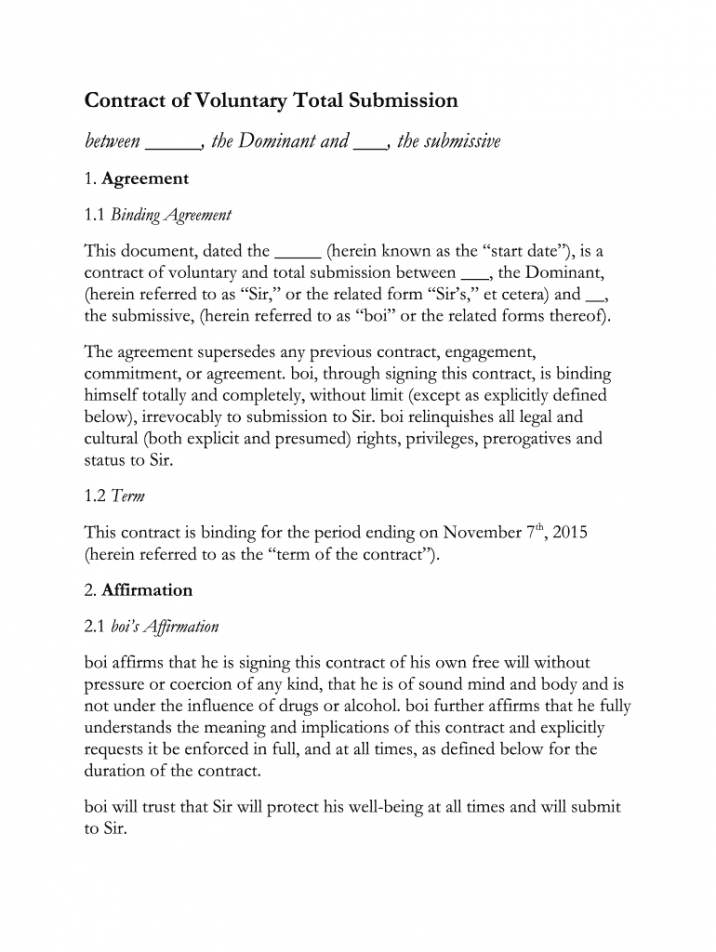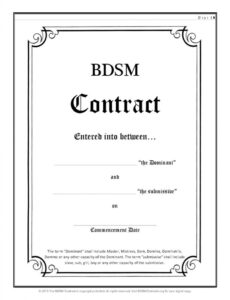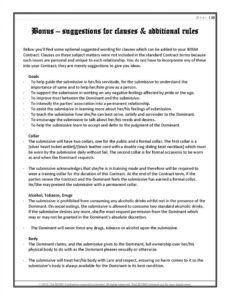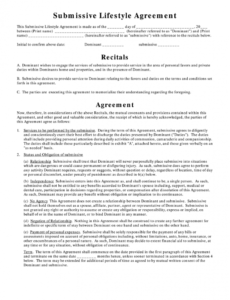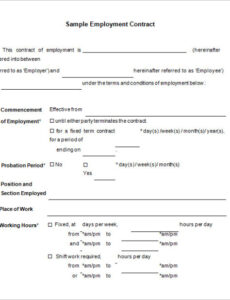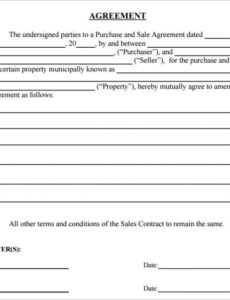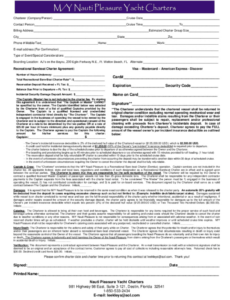Submissive contract template, A contract is defined as a spoken or written agreement that is intended to be enforceable by law. Basically, contracts are guarantees which the law will apply. The law of contracts is at the center of the majority of business dealings and is, consequently, among the most crucial areas of legal concern. Most contracts that can be completed within a year may be either oral or written. Significant exceptions include contracts between the ownership of real estate and industrial contracts for goods worth $500 or more, which must be in writing to be enforceable.
Generally speaking, a contract is an agreement between two or more people, which creates a duty to do or not do something. The agreement comes together with a record of rights and duties, bounding on the parties included. In case the agreement has to be broken, then there are provisions in regulations for remedies. Contract laws protect the legal aspects and implications caused by the law. Contract laws determine whether or not a contract is legally capable. They also treat other associated things such as whether you can find fraudulent measures involved or using processes which specify the way the contract has been terminated.
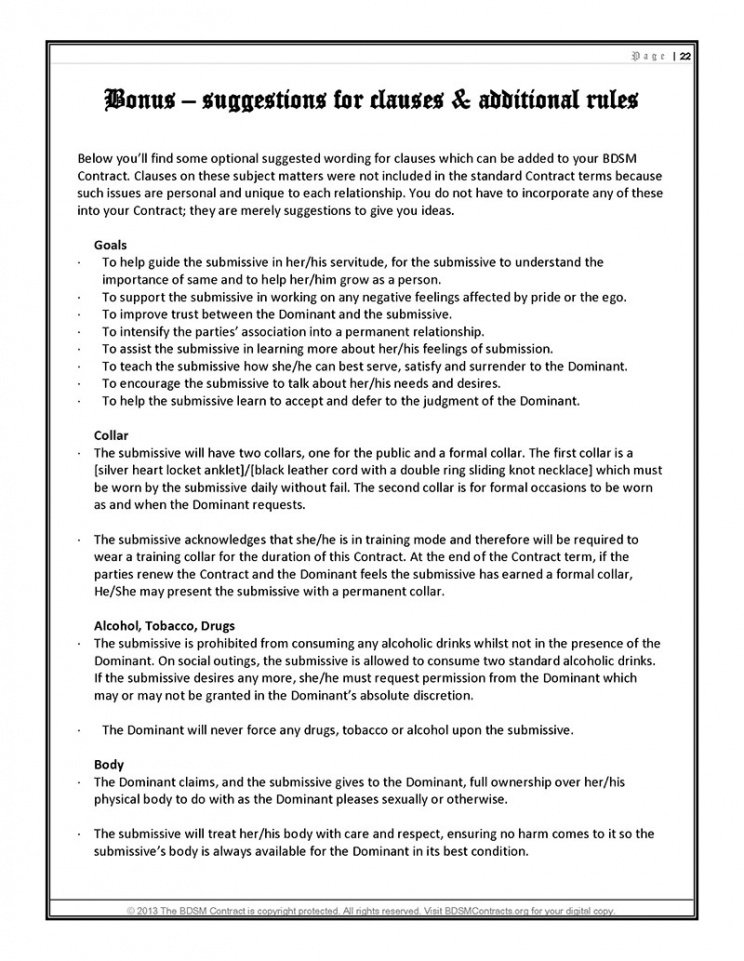
This isn’t the first book I’d recommend or look to for the newcomer wanting to draft a contract, nor will this book have sample contracts or types for many scenarios. This book does include is an alphabetical listing of virtually anything you can think about involving contracts. It is merely a contract encyclopedia. (While it’s definitions such as a dictionary at times, the entries are much more as an encyclopedia than dictionary.)
Besides the definitions, the book also has illustrations of contract provisions, including sample contracts, and sample clauses that you could fit into contracts you’re drafting. In some places, Stim provides a tiny bit of additional data, like the seven pages online discussion. Apparently, there’s far more to discussion, you are able to fill reserve shelves with books on this subject, but it’s nice to have a bit aimed at contract negotiation.
Most law firms, notably small law firms, locate using agency attorneys to be a good method to maintain flexibility and expand their law company without hiring in-house, midsize lawyers. Businesses are legally allowed to bring a reasonable surcharge to the fees of their usual attorneys. In a slowing economy, the use of contract attorneys helps give firms a competitive advantage, decreasing costs while increasing efficiency. As contract legislation becomes an increasingly bigger sector of law enforcement industry, lawyer agencies are becoming more varied. These are basically businesses that find jobs for lawyers to perform and take a little fee for their services. Some firms who use contract lawyers prefer to undergo such agencies since they (the services ) require a particular caliber and professionalism from the lawyers they signify.
